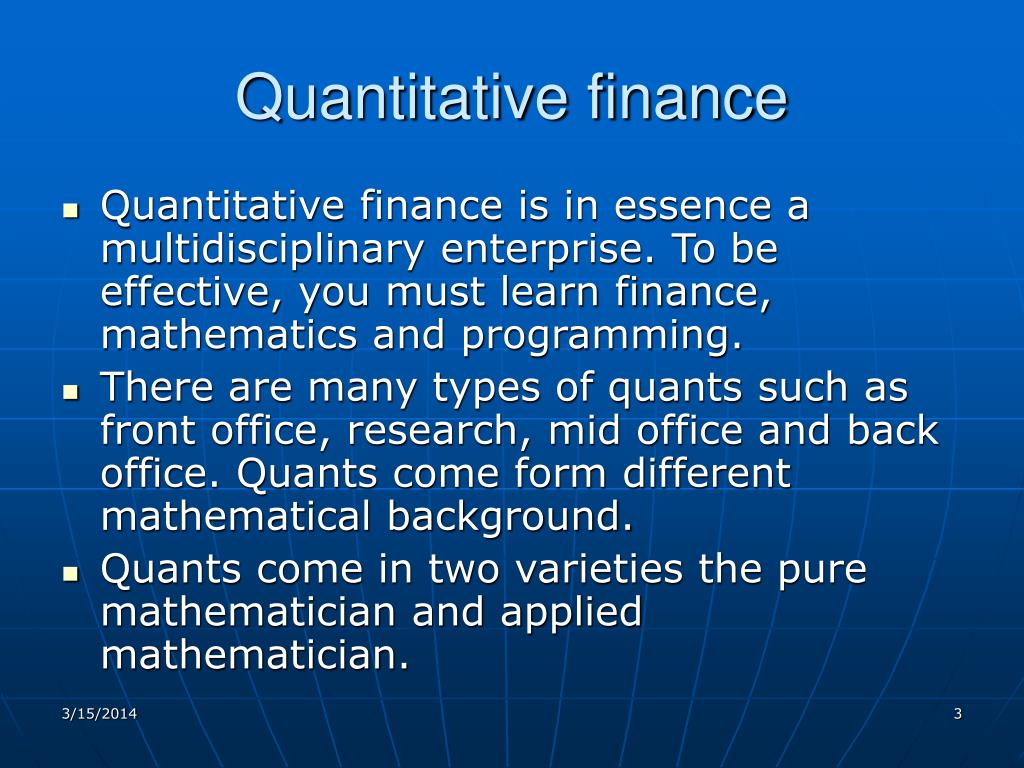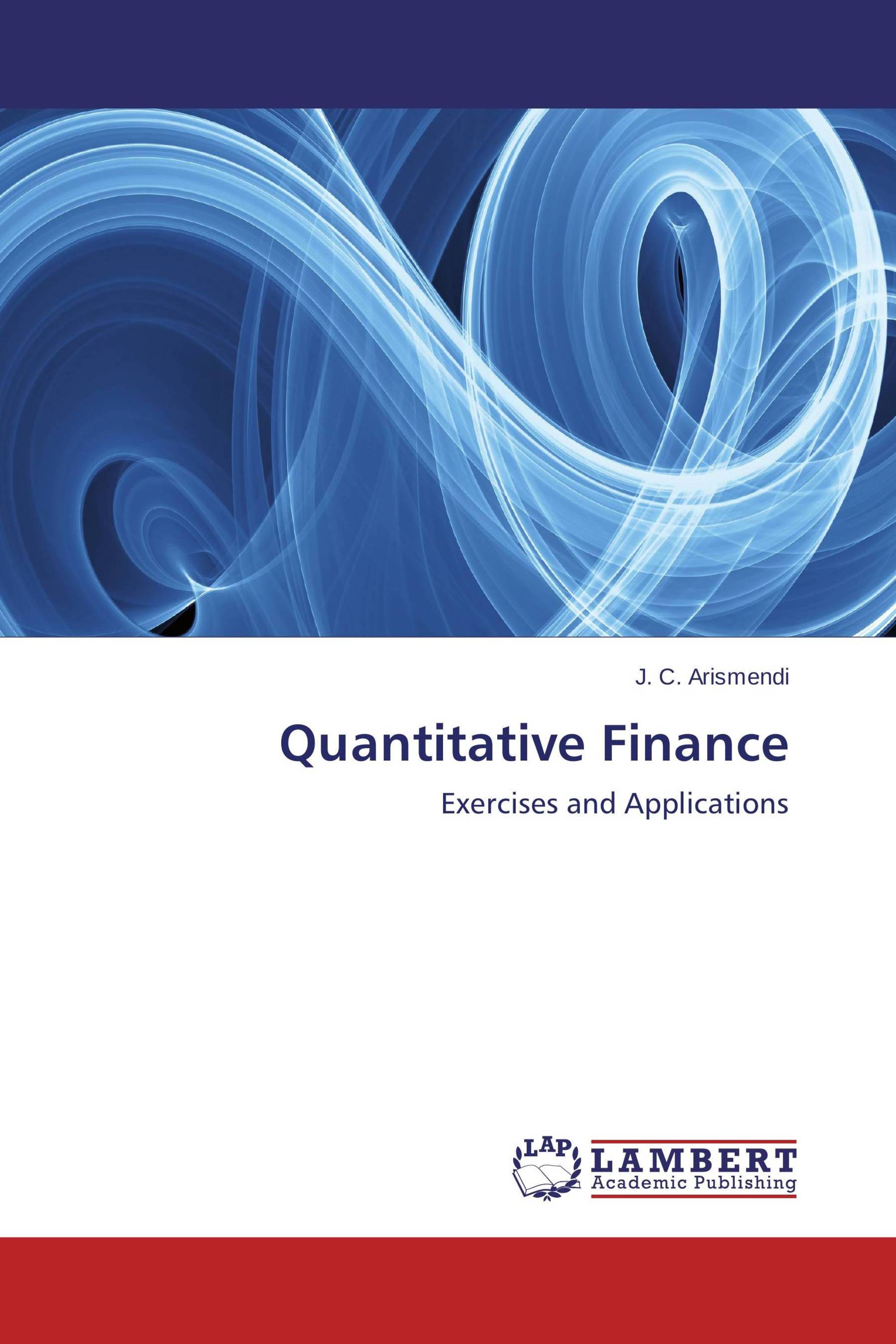What Makes a Great Quantitative Finance Program?
Evaluating the best schools for quantitative finance requires a thorough understanding of the key factors that contribute to a program’s success. A great quantitative finance program should provide a comprehensive curriculum that covers a wide range of topics, including financial modeling, derivatives, and risk management. The faculty should consist of experienced professionals with a strong background in quantitative finance, ensuring that students receive high-quality instruction and mentorship. Additionally, the program’s career outcomes should be a top priority, with a strong track record of placing graduates in top financial institutions. By considering these factors, prospective students can increase their chances of success in the competitive world of quantitative finance. Furthermore, it’s essential to research the program’s reputation, accreditation, and industry connections to ensure that it aligns with your career goals. By doing so, you can make an informed decision when choosing the best school for quantitative finance.
How to Choose the Right Quantitative Finance School for You
With numerous institutions offering quantitative finance programs, it can be overwhelming to determine which one is the best fit for your career goals. To make an informed decision, it’s essential to research and compare programs thoroughly. Start by evaluating the program’s reputation, considering factors such as accreditation, rankings, and industry recognition. Location is also a crucial factor, as it can impact access to job opportunities, networking events, and industry connections. Additionally, consider the cost of the program, including tuition fees, living expenses, and potential scholarships. By weighing these factors, you can narrow down your options and find the best schools for quantitative finance that align with your career aspirations. Furthermore, reach out to current students, alumni, and faculty members to gain insights into the program’s strengths, weaknesses, and overall quality. This will provide a more comprehensive understanding of the program and help you make a well-informed decision.
Top Universities for Quantitative Finance: A Comprehensive Review
When it comes to pursuing a career in quantitative finance, attending a top-ranked university can make all the difference. Some of the best schools for quantitative finance include Carnegie Mellon, University of Chicago, and New York University, which offer comprehensive programs that equip students with the skills and knowledge needed to succeed in the industry. Carnegie Mellon’s Master’s in Computational Finance, for instance, is renowned for its rigorous curriculum and strong industry connections. The University of Chicago’s Master’s in Financial Mathematics, on the other hand, is highly regarded for its emphasis on theoretical foundations and practical applications. New York University’s Master’s in Quantitative Finance, meanwhile, offers a unique blend of theoretical and practical knowledge, with a strong focus on financial markets and instruments. These institutions, among others, have established themselves as leaders in the field of quantitative finance, and can provide students with a competitive edge in the job market.
What Sets Apart the Best Quantitative Finance Programs?
The best schools for quantitative finance stand out from the rest due to their unique features and strengths. One key differentiator is the availability of specializations, which allow students to focus on specific areas of interest, such as risk management, derivatives, or algorithmic trading. Top programs also offer research opportunities, enabling students to work alongside renowned faculty members and industry experts on cutting-edge projects. Furthermore, the best quantitative finance programs boast strong industry connections, providing students with access to internships, job opportunities, and networking events. For instance, the University of California, Berkeley’s Master’s in Financial Engineering offers a unique specialization in FinTech, while the University of Oxford’s MSc in Financial Economics provides students with opportunities to engage in research projects with leading financial institutions. By considering these unique features and strengths, prospective students can identify the best schools for quantitative finance that align with their career goals and aspirations.
Quantitative Finance Career Paths: What to Expect
Graduates of top quantitative finance programs can expect a wide range of career opportunities in the financial industry. Some of the most common career paths include roles in investment banks, hedge funds, and asset management firms. In investment banks, quantitative finance professionals may work as derivatives traders, risk managers, or structurers. Hedge funds, on the other hand, offer opportunities as portfolio managers, quantitative analysts, or traders. Asset management firms, meanwhile, employ quantitative finance professionals as investment managers, risk analysts, or portfolio optimizers. Other career paths may include roles in financial technology, data science, or academia. The best schools for quantitative finance prepare students for these career paths by providing a strong foundation in mathematical and computational techniques, as well as practical experience through internships and projects. By understanding the various career paths available, prospective students can choose a quantitative finance program that aligns with their career goals and aspirations.
Expert Insights: Advice from Quantitative Finance Professionals
When it comes to succeeding in the field of quantitative finance, there’s no substitute for advice from experienced professionals. We spoke with several experts in the industry to gain insights on what it takes to thrive in this field and what to look for in a quantitative finance program. According to Dr. John Smith, a former derivatives trader at Goldman Sachs and current professor at the University of Chicago, “The best schools for quantitative finance provide a strong foundation in mathematical and computational techniques, as well as practical experience through internships and projects.” He adds, “Students should look for programs with a strong reputation in the industry and a faculty with extensive experience in quantitative finance.”
Another expert, Rachel Lee, a quantitative analyst at BlackRock, emphasizes the importance of staying up-to-date with industry trends and developments. “The field of quantitative finance is constantly evolving, and it’s essential to stay current with the latest research and technologies,” she notes. “Look for programs that offer opportunities to engage with industry professionals and participate in research projects.”
By considering the advice of these experts, prospective students can gain a better understanding of what to look for in a quantitative finance program and how to set themselves up for success in this field.
Quantitative Finance Program Rankings: A Closer Look
When researching the best schools for quantitative finance, it’s essential to consider rankings from various sources. QS World University Rankings and Financial Times Rankings are two of the most reputable sources for quantitative finance program rankings. According to the QS World University Rankings, the top five universities for quantitative finance are the University of Oxford, Stanford University, Massachusetts Institute of Technology (MIT), University of California, Berkeley, and Carnegie Mellon University. Meanwhile, the Financial Times Rankings place the University of Chicago, New York University, and University of Michigan among the top five.
While rankings can provide a general idea of a program’s reputation and quality, it’s crucial to dig deeper and consider other factors such as curriculum, faculty expertise, and career outcomes. Additionally, rankings can vary from year to year, and it’s essential to look at the overall trend rather than a single year’s ranking. By analyzing and comparing rankings from various sources, prospective students can gain a more comprehensive understanding of the best schools for quantitative finance and make an informed decision about their education.
It’s also important to note that rankings are not the only factor to consider when choosing a quantitative finance program. Other factors such as location, cost, and specializations should also be taken into account. By considering a combination of these factors, prospective students can find the best fit for their career goals and aspirations.
Conclusion: Finding the Best Fit for Your Quantitative Finance Career
In conclusion, finding the best quantitative finance program for your career goals requires careful consideration of several key factors. From curriculum and faculty expertise to career outcomes and program reputation, each aspect plays a crucial role in shaping your future in the field. By researching and comparing top universities for quantitative finance, such as Carnegie Mellon, University of Chicago, and New York University, and considering expert insights from professionals in the industry, you can make an informed decision about your education.
Remember, the best schools for quantitative finance offer a unique combination of academic rigor, research opportunities, and industry connections. By evaluating program rankings, location, and cost, you can find the best fit for your career aspirations. Whether you’re interested in pursuing a career in investment banks, hedge funds, or asset management firms, a top quantitative finance program can provide the skills and knowledge necessary to succeed.
Ultimately, the key to unlocking a successful career in quantitative finance is to find a program that aligns with your goals and provides the support and resources necessary to achieve them. By following the guidance outlined in this article, you can take the first step towards a rewarding and challenging career in this exciting field.







